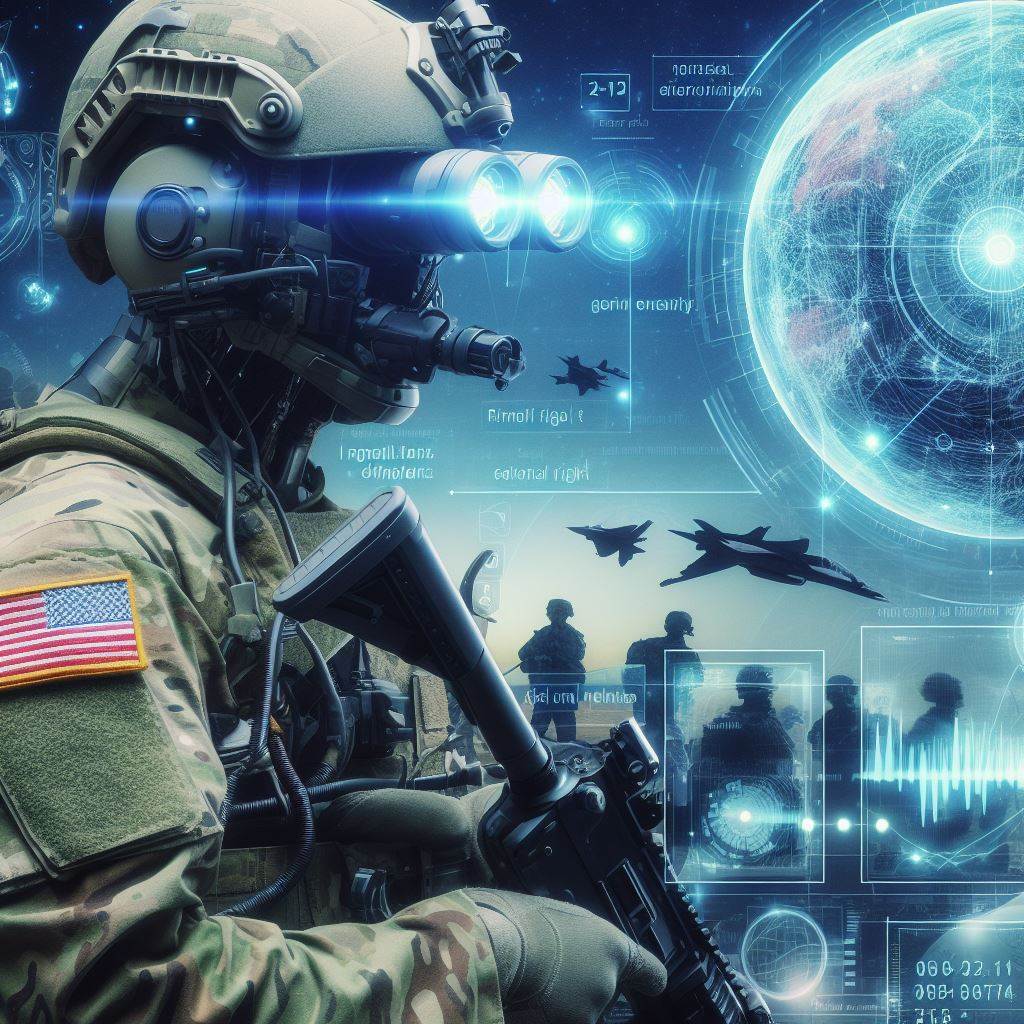
In a groundbreaking endeavor, the armed forces of the United Kingdom, Australia, and the United States, in conjunction with the Defence Science and Technology Laboratory (Dstl), conducted a landmark trial focused on AI and autonomous systems. This trial, known as Trusted Operation of Robotic Vehicles in Contested Environments (TORVICE), marks a pivotal milestone in the AUKUS partnership formed between the three countries.
TORVICE, held in Australia, aimed to assess the performance of robotic vehicles and sensors in scenarios involving electronic attacks, GPS disruption, and other threats prevalent in modern warfare. The objective was to evaluate the resilience of autonomous systems, which are expected to play a crucial role in future military operations.
The trial featured US and British autonomous vehicles undertaking reconnaissance missions while Australian units simulated battlefield electronic attacks on their systems. The analysis of performance data from TORVICE will contribute to strengthening protections and safeguards essential for preventing system failures or disruptions in challenging environments.
Guy Powell, Dstl’s technical authority for the trial, emphasized the significance of understanding the capabilities of robotic and autonomous systems in contested environments. He underscored the transformational potential of these systems across the armed forces of all three nations.
This trial builds upon the initial AUKUS autonomous systems trial conducted in the UK in April 2023. It also aligns with the AUKUS defense ministers’ December announcement of integrating Resilient and Autonomous Artificial Intelligence Technologies (RAAIT) into the military forces of the three countries, commencing in 2024.
Lt Col Russ Atherton, a military advisor at Dstl, highlighted the game-changing potential of successfully harnessing AI and autonomy, emphasizing the reduced risk to soldiers. The technology offers capabilities such as sensor operation and logistics over broader areas, providing commanders with greater flexibility and options.
Through collaborative efforts, the AUKUS allies aim to expedite the development of AI and autonomous systems in warfare, enhancing interoperability, leveraging expertise, and bolstering deterrence in the Indo-Pacific region.
As the AUKUS partnership advances cooperation on cutting-edge military technologies, this collaborative endeavor signifies a significant enhancement of military capabilities while mitigating risks for warfighters.